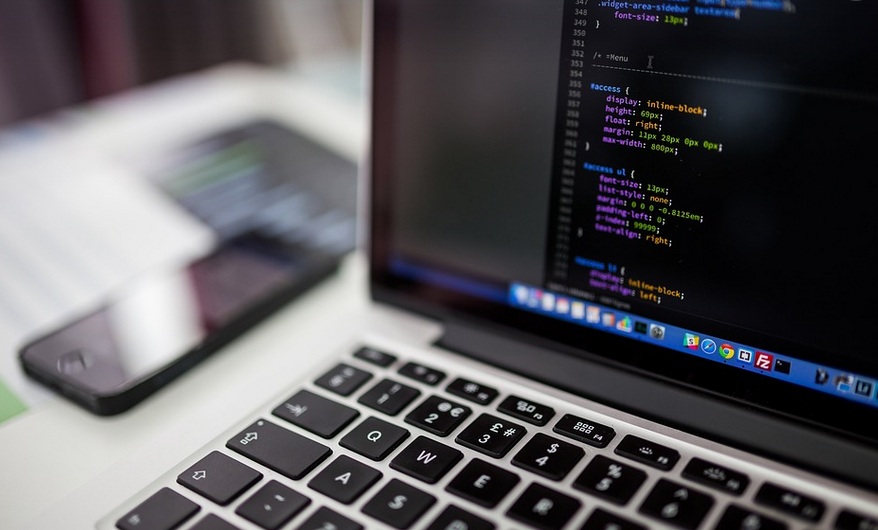What is a BiPAP Machine and Why Do You Need Backups?
Living with sleep apnea can feel like navigating a complex system, especially when it comes to your breathing. BiPAP machines, short for bilevel positive airway pressure, are the go-to solution for many individuals struggling with this condition. These devices provide targeted air pressure that helps keep airways open during sleep, allowing them to breathe comfortably and reduce those pesky awakenings. But even with their technological marvels, BiPAP machines can’t operate forever without a power source, which is where battery backup systems come in.
Imagine you are lying in bed, ready for a peaceful slumber when suddenly, your machine stops working because the power has gone out. This scenario can be quite unsettling, especially if you experience frequent episodes of sleep apnea. This is where the magic of battery backup kicks in. It’s not about magic, though; it’s about smart engineering and advanced technology that allows BiPAP machines to function even when the electricity fails.
These backup systems are designed to act as a safety net for your BiPAP machine. They store energy, enough to power the device for hours, even days if necessary. This means you won’t have to worry about interruption mid-sleep and can continue breathing comfortably when power goes out. These devices offer peace of mind and ensure that you don’t have to interrupt your sleep in case of a power outage.
How Battery Backups Work: The Power Behind the Breathing
So, how exactly do these battery backup systems work their magic? They essentially rely on a rechargeable battery pack. These batteries store energy that can be used by the BiPAP machine to maintain its operation. Once connected to the machine via a specialized connector, the system automatically draws power from the battery when needed. It’s like having an internal fuel tank for your breathing assistance.
These backup systems come in various forms, each with their unique features and functionalities. Some are compact and lightweight, while others offer extended runtime capabilities. It all comes down to personal needs and preferences. One common type of battery backup system uses external power sources like a wall charger or car adapter, offering flexibility in scenarios where the BiPAP machine’s internal battery might not be enough.
Additionally, some newer models are equipped with smart monitoring features allowing them to automatically adjust air pressure based on your breathing patterns. This ensures you receive optimal support while minimizing discomfort and maximizing sleep quality. These advanced features make battery backup systems more than just a backup; they’re an intelligent solution for the modern individual living with sleep apnea.
The Benefits of Battery Backup: Breathing Easier, Living Better
Battery back-up systems offer a host of significant advantages for individuals who depend on BiPAP machines. For starters, it means you can breathe easier knowing that you won’t be interrupted mid-sleep due to power outages. It’s about having more control over your sleep and overall well-being without being chained to the wall socket.
The benefits don’t end there. These systems offer improved quality of life, leading to deeper sleep and reduced daytime fatigue. This translates into a greater sense of energy and vitality during the day, allowing you to tackle everyday activities with more ease. For some individuals, this could mean participating in hobbies that were previously impossible due to their breathing condition.
Finally, battery backup systems offer peace of mind. Imagine knowing you can sleep soundly without worrying about power outages or unexpected disruptions. It’s a feeling of security and control over your health and well-being.
Choosing the Right Battery Backup: Finding Your Perfect Fit
Navigating the world of battery backup systems for BiPAP machines involves understanding different features, their individual strengths, and how they fit into your life. Here’s a guide to help you find the right system:
**1. Consider the Battery Capacity:** The first factor is a battery’s capacity in run time. This determines how long it can power your BiPAP machine before needing recharging. Choose a system with ample runtime that meets your needs and sleep schedule.
**2. Check for Automatic Power Management:** Some systems include automatic power management features like adjusting air pressure based on your breathing patterns to enhance comfort and efficiency.
**3. Look at the Weight & Design:** Battery backup systems vary in size, weight, and design. Finding one that fits your lifestyle is crucial.
**4. Warranty and Support:** A robust warranty with reliable customer support is a must-have for any critical medical device. Opt for systems offering both.
The Future of Battery Backup: Innovation on the Horizon
The journey of battery backup for BiPAP machines is constantly evolving, fueled by ongoing technological advancements. As research and development continues to push the boundaries of innovation, we can expect even more sophisticated and efficient battery backup systems in the near future. These advancements may include:
- **Longer Runtime:** Expect batteries with longer run times that offer more extended periods of operation.
- **Faster Charging Rates:** Battery charging speeds will likely increase, reducing downtime and enhancing convenience.
- **Wireless Connectivity:** Some systems might utilize wireless charging solutions to minimize wires and clutter.
These innovations reflect the growing understanding of how technology can significantly impact our lives. As battery backup systems become more advanced, they’ll continue to pave the way for healthier and more fulfilling sleep experiences for individuals battling sleep apnea.
